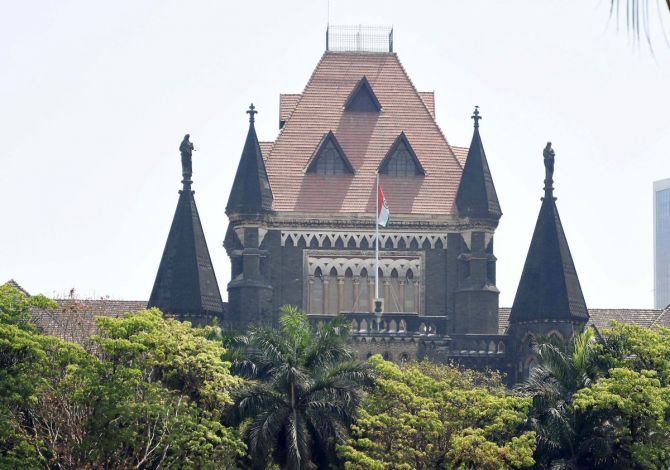The Bombay High Court has quashed the reassessment notice issued after 3 years without proper approval.
The bench of Justice K.R. Shriram and Justice N. K. Gokhale has observed that the approval of the specified authority in terms of Section 151(ii) of the Income Tax Act is a jurisdictional requirement, and in the absence of complying with this requirement, the reopening of assessment would fail.
Section 151 states that the specified authority that has to grant his sanction for the purposes of Section 148 and Section 148A is the Principal Chief Commissioner or Principal Director General. If there is no Principal Chief Commissioner or Principal Director General, the Chief Commissioner or Director General if more than three years have elapsed from the end of the relevant assessment year.
The petitioner/assessee is registered with the Reserve Bank of India (RBI) as a non-banking finance company and is classified as an asset finance company.
Key points:
- Prepare to be paying up to $7 a cup by the end of the year
- Shipping costs and natural disasters in coffee regions are being blamed for the price increase
- Australians consume one billion cups of coffee annually, but cafe owners say an increase in price won’t change that
Almost three years later, the assessee received a reassessment notice. The notice stated that there was reason to believe that the assessee’s income chargeable to tax for A.Y. 2016–2017 has escaped assessment within the meaning of Section 147. The notice mentioned that the necessary satisfaction of Range 8(2), Mumbai, has been obtained.
The assessee contended that the notice, order, and intimation letter were beyond limitation, signed by the wrong specified authority, lacked “information” as required under Section 148, resulted from a change of opinion, and was in violation of Section 151A.
The assessee contended that provisions of Section 149(1)(b) provide that a notice under Section 148 can be issued beyond a period of three years and up to a period of ten years only if the Assessing Officer has in his possession books of account or other documents or evidence that reveal that income chargeable to tax represented in the form of an asset that has escaped assessment amounts to or is more than Rs. 50 lakhs.
The assessee stated that there is no income chargeable to tax that is represented in the form of an asset,” which has escaped assessment as expenditure on computer software consumables cannot be an asset as per Section 149. Hence, the extended period of time limits specified in Section 149 (1)(b) cannot apply to petitioners, and hence the notice issued on July 31, 2022, is bad-in-law.
The assessee contended that the Deputy Commissioner of Income Tax has mentioned in the order that prior approval has been taken from the Principal Chief Commissioner of Income Tax under Section 151(i). Sanctions would be bad in law, as the Deputy Commissioner of Income Tax should have complied with Section 151(ii) and not Section 151(i). Hence, the Principal Chief Commissioner of Income Tax cannot be a specified authority as per Section 151.
The court held that since the approval of the specified authority in terms of Section 151(ii) is a jurisdictional requirement, in the absence of complying with this requirement, the reopening of the assessment would fail.
Case Title: Siemens Financial Services Pvt Ltd. Versus Deputy Commissioner of Income Tax
Case No.: Writ Petition No. 4888 Of 2022
Date: 25/08/2023
Counsel For Petitioner: P. J. Pardiwalla
Counsel For Respondent: Suresh Kumar

She said the industry could eventually emulate the gin industry, with boutique operations cropping up across the country.
“I think the demand for Australian coffee at the moment is an ever-changing landscape and more and more Aussies are starting to question where their food comes from, who is growing it”
“What you will get is all these kinds of niche coffee plantations who develop a very unique flavour profile and then market in funky packaging and appeal to certain markets,” she said.
“That’s where I see the next stage of the Australian coffee industry going.”



